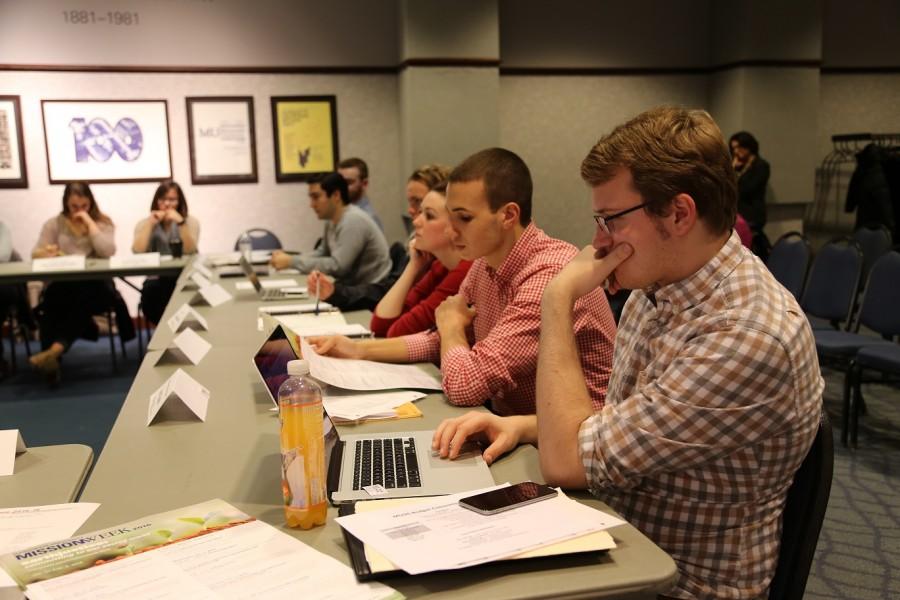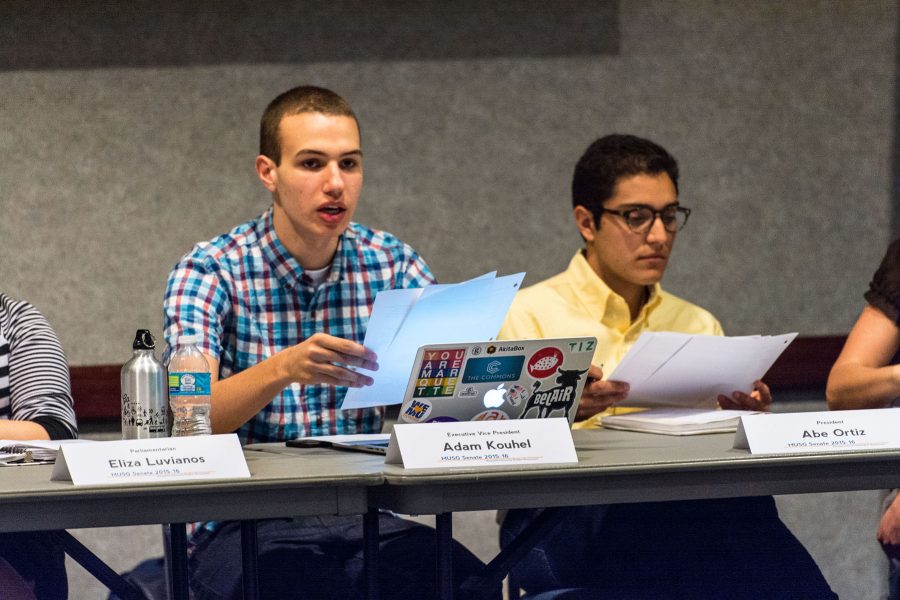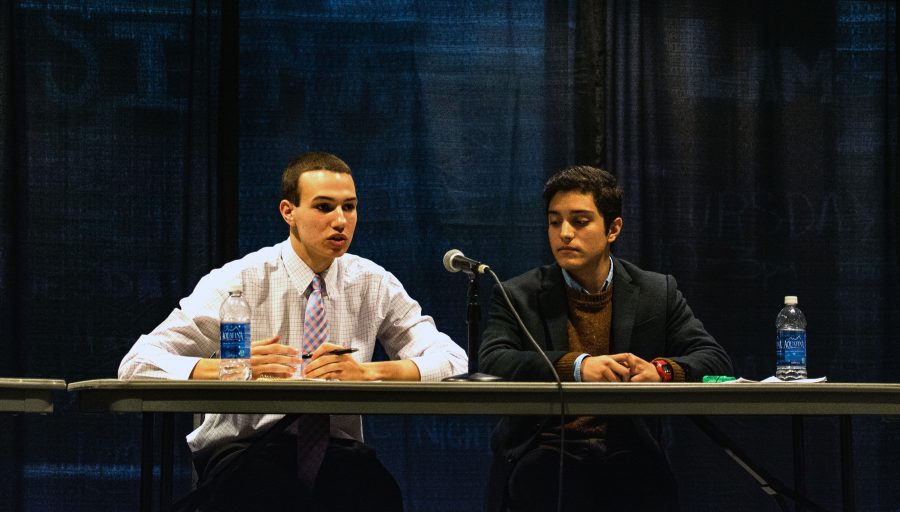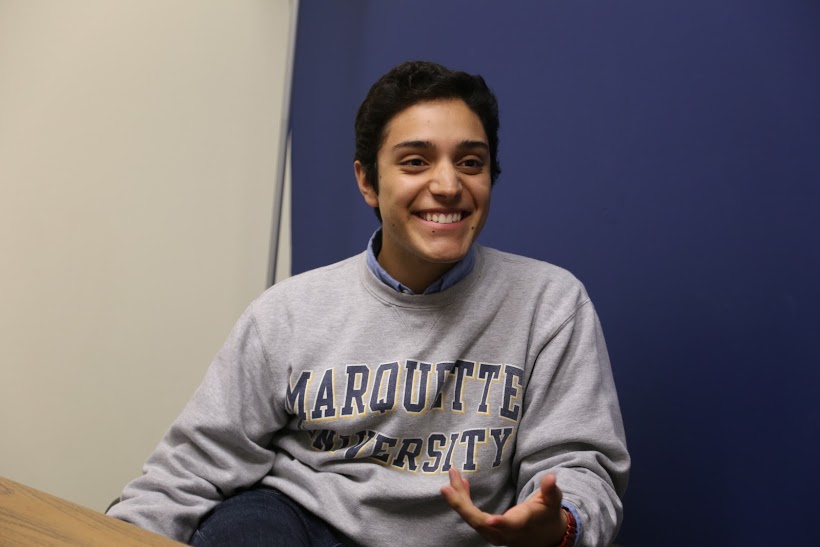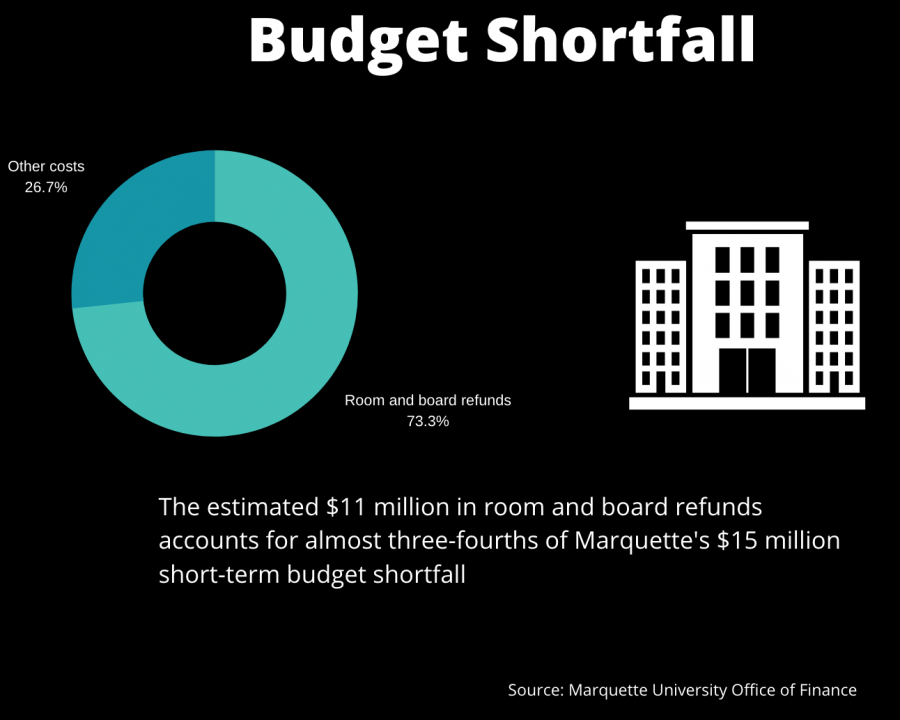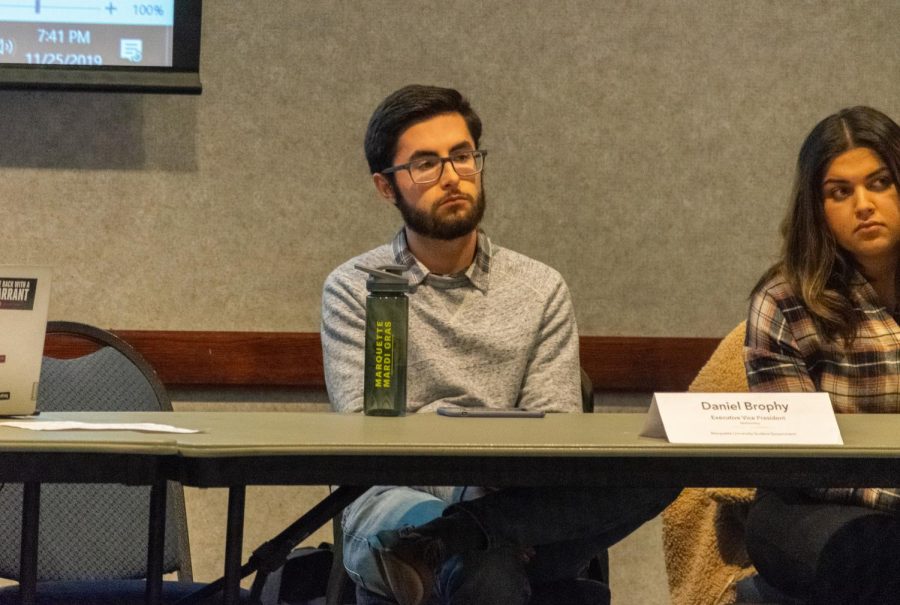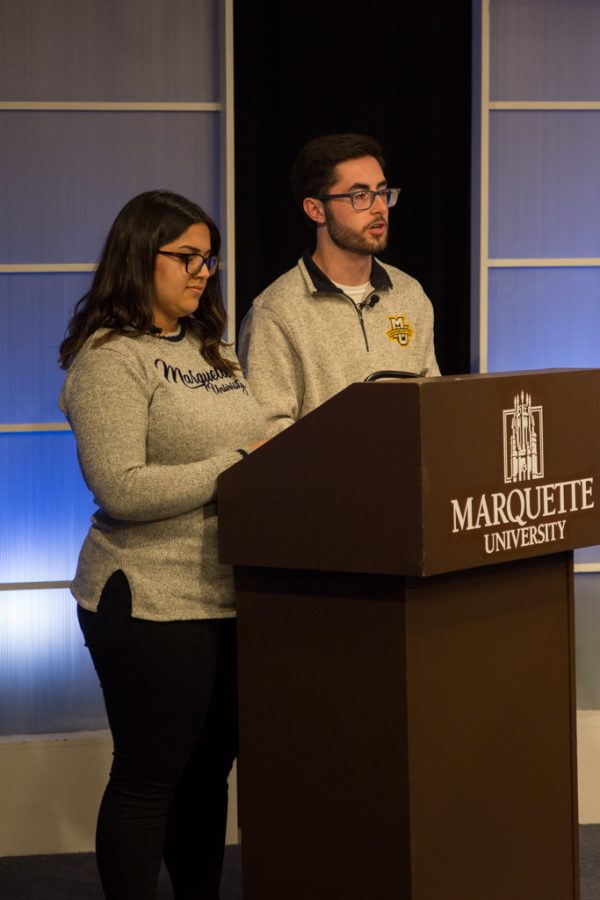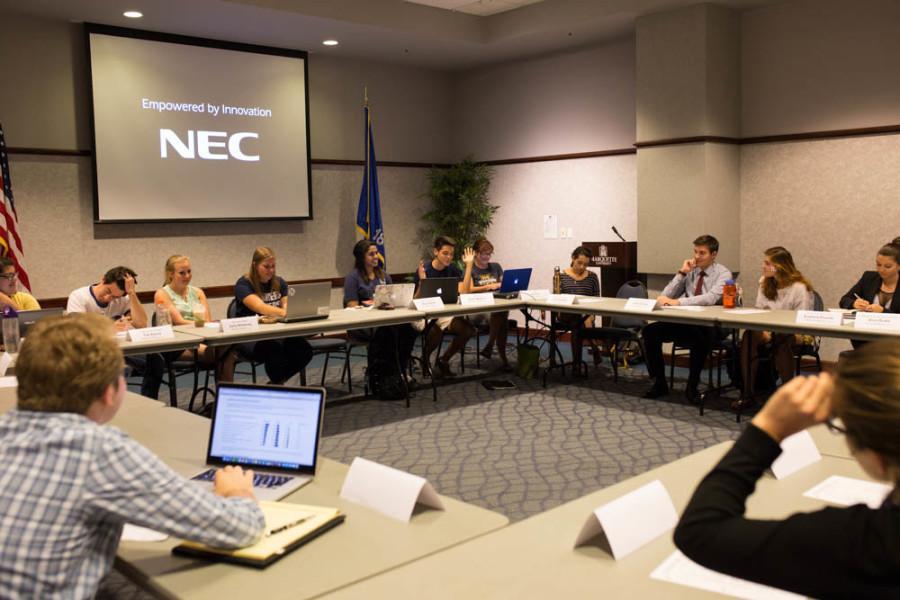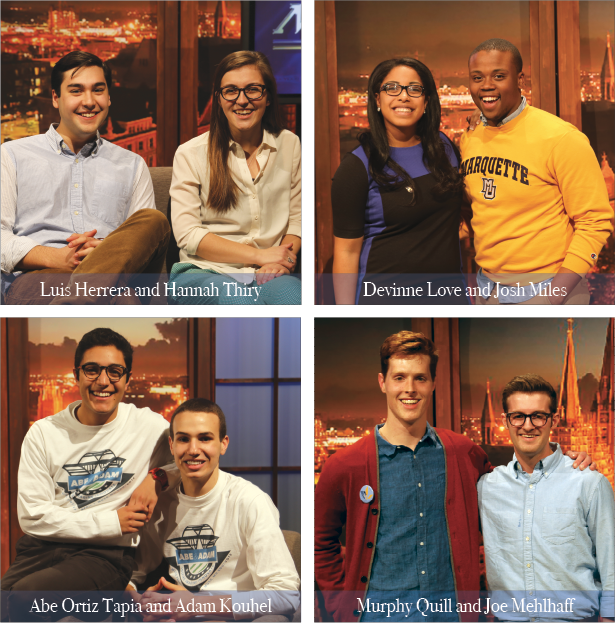Typically, student organizations only interact with Marquette Student Government when they need funding or approval. Now, MUSG is trying to change that relationship.
This semester MUSG received complaints from student organizations about subjective approval, conduct procedures and an incident of miscommunication with the Office of Student Development.
To address these problems, Legislative Vice President Ricky Krajewski created a special senate committee tasked with analyzing the structure of MUSG. Ultimately, the new committee hopes to reallocate responsibilities of the executive board to better serve the Marquette student body.
The “new committee,” which has yet to be named, includes several other senate members. There is also a second ad hoc committee led by MUSG President Abe Ortiz Tapia that, unlike the first committee, includes both members of senate and students outside of MUSG.
According to Krajewski, the two committees will bring different perspectives to find a collaborative solution. MUSG is looking at internal, structural problems in hopes that improving their organization will in turn allow them to interact more intimately and effectively with student organizations and thus the student body.
“We need a structure that is simple, clear and efficient,” Krajewski said.
Currently, there is no centralized section of MUSG that deals with student organizations, and according to Krajewski, it is confusing for student organizations when there is not a specific person or department they can go to for help.
Dan Brophy, a freshman senator and member of the new committee, said, “We need to do the best we can do as a committee to responsibly reallocate the responsibilities of executive board members so that future MUSG members don’t have to deal with this problem again and again.”
Different senators have varying opinions about the best way to improve MUSG’s structure. Although refining the Outreach Vice President position is not the sole purpose of the committee, it is a contested point.
“A lot of the conversation right now is how can we get the OVP position to focus more on student organizations and reaching out to them … If there is a disconnect that is not being addressed, then that’s an outreach issue we need to solve. And per the constitution, that is a problem the OVP is supposed to examine,” JR O’Rourke, chair of the standing student organizations committee and member of the new committee, said.
But Krajewski has an opposing viewpoint.
“The OVP position is not the focus of this committee … Our outreach (to student organizations) is amazing,” Krajewski said, citing this year’s record number of Student Organization Funding applications as evidence.
Brophy also said the idea that the committee is just about OVP is a misconception.
“We think the creation of the OVP position might not have been right at the time, but that’s in hindsight and we’re not really looking at that. Now we are looking at how do we reexamine and potentially reallocate the roles and responsibilities of the Executive Board to ensure the interaction with student orgs is efficient.”
While the new committee is examining the OVP responsibilities, MUSG unanimously agreed to suspend the OVP application so that if the position’s duties change, the new OVP would not be blindly accepting the position.
According to current OVP, Hannah Thiry is hopeful positive change will result from the committee, but she has her reservations.
“I haven’t been asked yet to sit on the committee to talk about my position,” Thiry said. That’s one worry for me because as executive board members we have experience in these roles. I think it would add value to the conversation if we could talk about what our jobs are and give them a little bit more of an understanding.”
According to conversations during the Nov. 28 MUSG meeting, Thiry will eventually be involved in the committee, but she is concerned the committee is rushing things.
“I think there will be time for me and my successors and the other executive board members to figure out how they relate to each other,” Thiry said. “That’s not something I think can be easily defined, explained or outline by a committee.”
Overall, the committee’s primary goal of improving their relationship with student organizations is firmly agreed upon. Committee members just have different opinions about how to reach that goal.
Sara Manjee, a freshman on the standing community engagement committee and a regular reader of MUSG minutes, said, “It’s good that they are trying to figure out a better way to deal with student orgs and create a point person, but I think they all have to get on the same page.”

